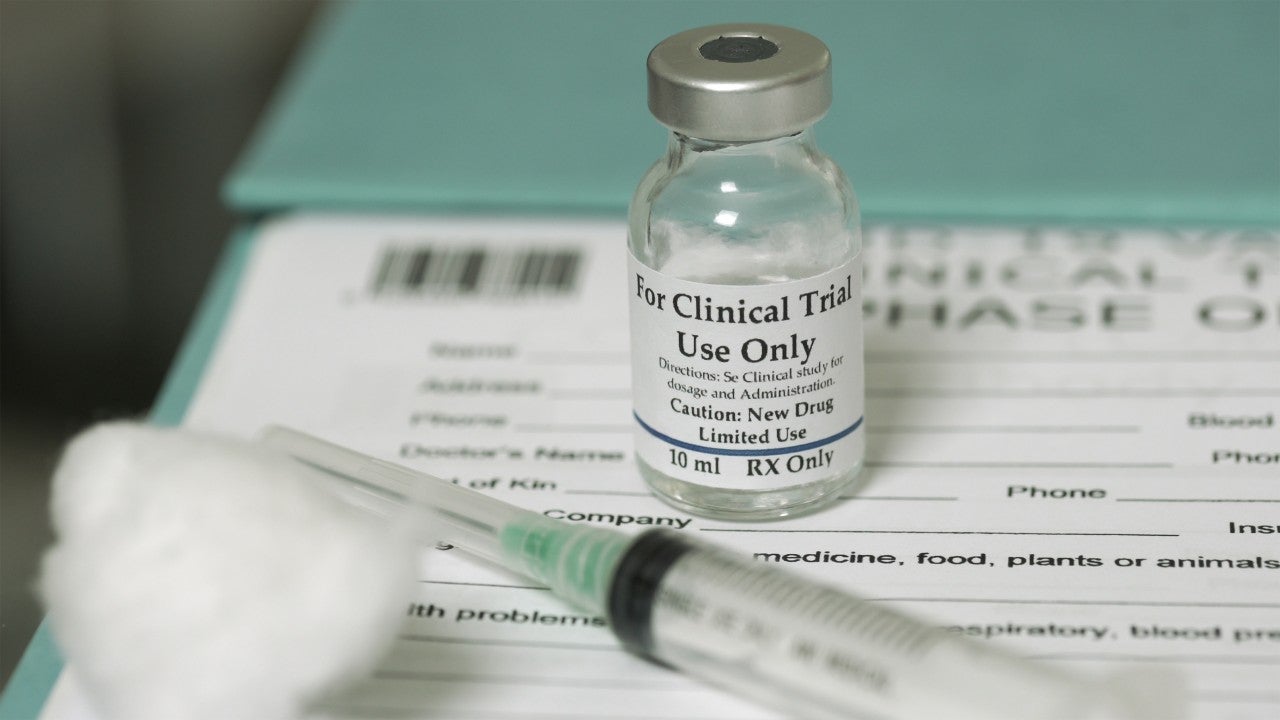On March 1, Reata Pharmaceuticals announced that it had submitted a New Drug Application (NDA) for bardoxolone methyl (bardoxolone), its leading product, to the FDA.
Bardoxolone is an orally administered nuclear factor erythroid 2-related factor 2 (Nrf2) for the treatment of chronic kidney disease (CKD) caused by Alport syndrome. Bardoxolone’s NDA application was supported by efficacy and safety clinical data from the multi-center, Phase III CARDINAL trial. Results showed that bardoxolone significantly improved glomerular filtration rate (GFR) compared to placebo, and its adverse events were mild and moderate. In addition to the NDA, Reata has also included a request for Priority Review. If granted, this would shorten the NDA review timeline. If approved, bardoxolone would be the first therapy indicated for treating CKD caused by Alport syndrome.
Alport syndrome is a rare genetic type of CKD caused by changes in the genes encoding type IV collagen. Collagen is important for the structure and function of the kidneys. In patients with Alport syndrome, their kidneys gradually lose the capacity to filter waste products out of the blood, which can result in end-stage kidney disease and the need for chronic dialysis therapy or a kidney transplant. Reata is aiming to develop novel therapies for severe or life-threatening diseases with no approved or effective therapies such as Alport syndrome.
Bardoxolone is an antioxidant inflammation modulator (AIM) that acts as an Nrf2 activator. These AIMs are the most potent known inducers of Nrf2, which is an important emerging biological target that controls the production of many of the body’s antioxidant and detoxification enzymes.
As the pathophysiology of CKD is most often tracked through an analysis of GFR, bardoxolone’s approval is significant, as results from the CARDINAL study showed that estimated GFR improvements were associated with mean decreases in blood urea nitrogen, uric acid, and phosphorous. Additionally, after 48 weeks of treatment, subjects treated with bardoxolone experienced a statistically significant increase from baseline in mean estimated GFR of 4.72 mL/min/1.73 m², compared to placebo subjects who showed a decline from baseline in mean estimated GFR of -4.78 mL/min/1.73 m².
Bardoxolone is currently being studied in additional trials in other renal indications. For instance, the ongoing Phase II MERLIN trial of bardoxolone in patients with CKD at risk of rapid progression. According to GlobalData’s Pharma Intelligence Center drug database, Reata has two products in late-stage development: bardoxolone and omaveloxolone. Both products target transcription factor Nrf2, which promotes the resolution of inflammation through restoring mitochondrial function, decreasing oxidative stress, and inhibiting pro-inflammatory signaling.

US Tariffs are shifting - will you react or anticipate?
Don’t let policy changes catch you off guard. Stay proactive with real-time data and expert analysis.
By GlobalData





